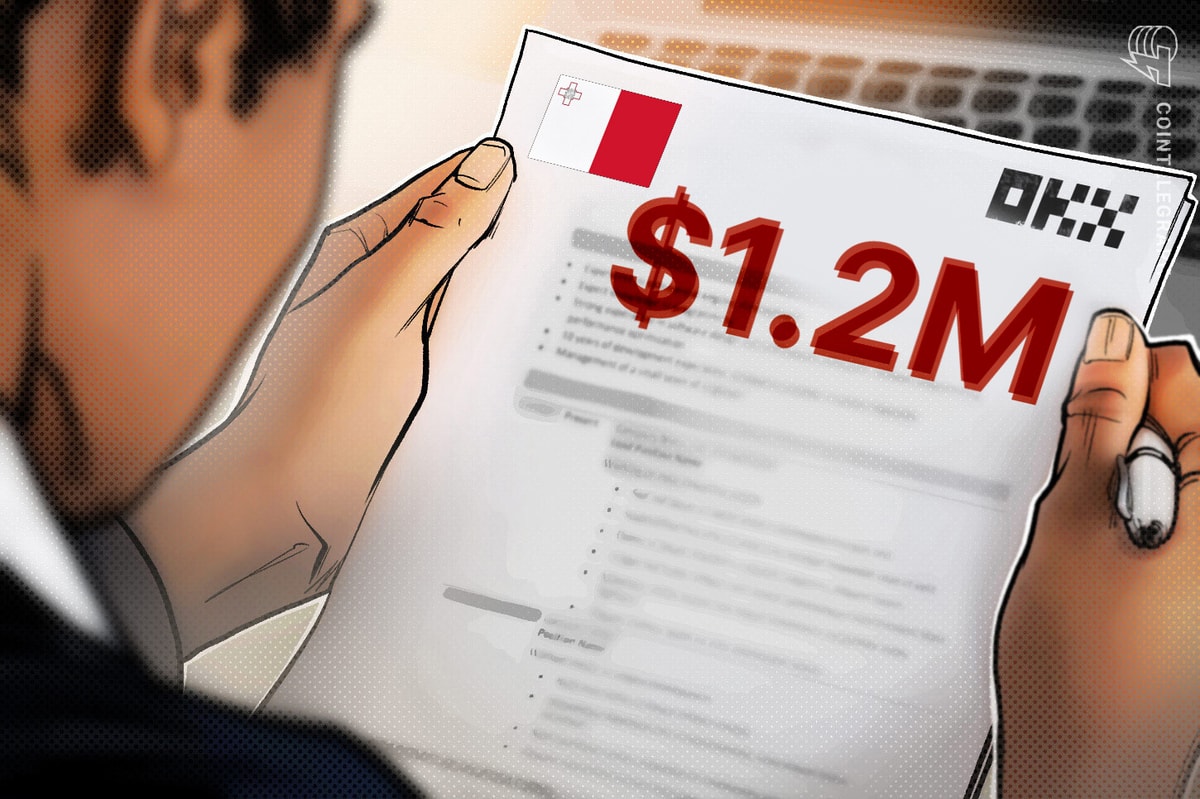“Theresa May warned in her conference speech about low interest rates fuelling inequality. Donald Trump rages against the chair of the Fed, Janet Yellen. Germans are restive about the lax monetary policy of the ECB. What has gone wrong?”
This is the question the former British foreign secretary and a former leader of the Conservative Party William Hague posed by in his new piece, “Central bankers have collectively lost the plot.”
William Hague refers back to 2008 when central banks reacted to the financial crisis they had completely failed to foresee “by cutting rates to record lows and embarking on “quantitative easing” – pumping trillions of dollars into their economies by buying up the assets of commercial banks.”
Falling State of Economy
However, as he pointed, the trouble now is that eight years later the banks are, two varying degrees, still doing it. He used the analogy of doctors keeping their patients on a drip many years after an operation to explain his case, saying: they are losing credibility and producing very dangerous side effects.
His mentions 10 serious drawbacks that could become either politically explosive or economically unwise.
They include central banks starting to buy up corporate bonds, not just government bonds, to keep the system inflated; and banks finding it harder to run a viable business contributing to the banking crisis that is now visibly widespread in Italy and Germany in particular.
Italy’s Sick Banks
Talking about Italy, a question has popped of late about the possibility of Italy following the UK's example to leave the European Union. This is because Italy's central bank has been building up a lot of liabilities to the Eurosystem which - as of the end of September stood at about 354 bln euros, up 118 bln from a year earlier -- and up 78 bln since the end of May, before the U.K. voted to leave the EU.
According to Bloomberg, this is as a result of people’s worry about the state of the country's banks, which are presently suffering the consequences of bad lending, poor governance and a new euro-area oversight system that makes rescues difficult.
Another factor could be political. The Italian Prime Minister Matteo Renzi has staked his fate on a December government-reform referendum that, if it goes against him, could strengthen opponents who want to force a vote on whether Italy should remain in the common currency.
Euro on Slippery Slope
The Union, in itself, is not at ease especially for its crumbling single currency as described by one of its euro’s designers. Professor Otmar Issing recently attacked eurocrats and German leader Angela Merkel for betraying the principles of the euro and being incompetent over its management. He said their incompetence had created an “overwhelming moral hazard” which could bring generations of misery to hundreds of millions of ordinary Europeans.
He says:
“One day, the house of cards will collapse. Realistically, it will be a case of muddling through, struggling from one crisis to the next. It is difficult to forecast how long this will continue for, but it cannot go on endlessly.”
He also described the Euro project as being on a “slippery slope” and predicted that the currency is so troubled that it will not survive the next global financial downturn, no matter how much political will there is to save it.
Otmar concluded that an effective EU economic government with debt pooling and an EU treasury was the only way to save the ailing euro which he says is unlikely to survive a coming crisis. However, for that to happen, there would be a need for a change to the German constitution which is unlikely because of the current political climate.











